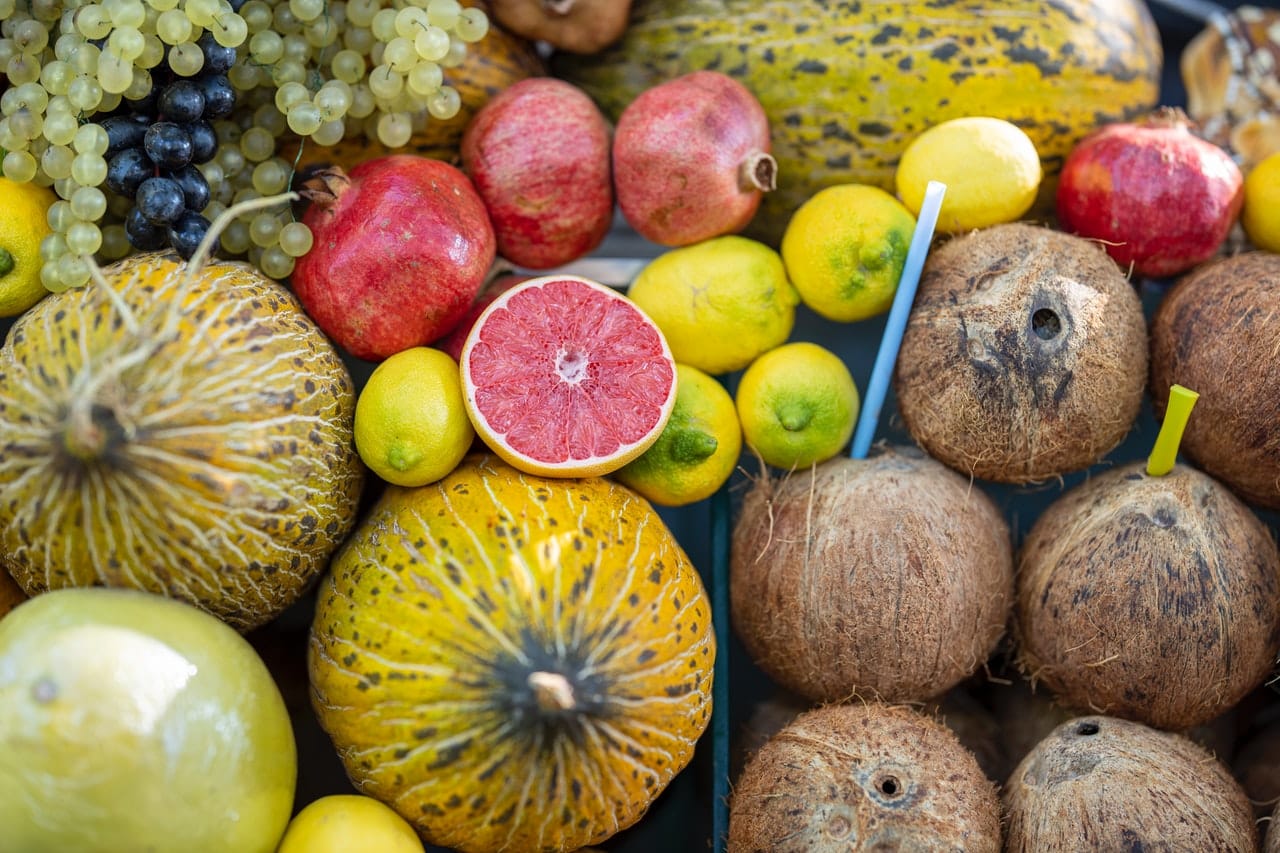Ever wondered what fructose intolerance is? You may have heard one or two people complaining about it. Is it something to be worried about? How do you know if you are affected? How can you treat or manage the condition?
Fructose intolerance.
What do we consider as fructose intolerance? This is when the cells on the intestine’s surface fail to efficiently break down fructose. Fructose is a simple sugar known as monosaccharide and it is found mostly in:
- Fruits
- Vegetables
- Grain products.
- Sucrose present in sugar, sugary drinks, and sweets. This affects a healthy diet and should be avoided or reduced. It is therefore important for fructose-free products to be produced widely for healthy lifestyles.
Also check: Steps to Achieve Holistic Health & Lifestyle
Types of fructose intolerance.
Type one.
This is intestinal fructose intolerance and a low-fructose diet is helpful. This is caused by a defect in the transport system of the small intestine. The affected individuals cannot digest or properly absorb fructose. As fructose passes through the large intestines, it causes gas and painful digestion.
Type two.
This is hereditary fructose intolerance and patients are expected to completely avoid fructose in their diet. They should consume less than one gram of fructose per day. This kind of fructose intolerance is passed down through families. They experience the symptoms in infancy and may develop life-threatening complications like kidney or liver failure, if not treated.
This happens when there is a problem in the metabolism of fructose due to the lack of the enzyme responsible for fructose breakdown. The body is not able to convert the stored sugar i.e. glycogen into glucose.
This results in a low blood sugar level and buildup of dangerous substances in the liver. When a patient suffers from hereditary fructose intolerance, they develop an allergic reaction whenever they eat fruits, sweets or vegetables. To avoid kidney or liver damage, it is important to comply with the right diet.
Symptoms of fructose intolerance.
These are some of the common signs that should help you know if you are fructose intolerant.
• Stomach aches.
• Diarrhea.
• Constipation.
• Flatulence.
• Hunger for sweet things.
• Headache.
• Halitosis.
• Stomach making loud sounds.
• Substernal pain.
Healthy living.
Maltose and dextrose can be used as an alternative sweetener to improve the quality of life for those affected. To reduce uncomfortable symptoms associated with fructose intolerance, avoid sugars like:
Fructose.
This is the type of sugar found in fruits, vegetables, and grain products. The fructose concentration differs depending on the food. You should check the concentration of fructose for each product before making a purchase. You should avoid fructose in sweets and consume fruits or vegetables with low fructose concentration.
Sorbitol.
This is found in some fruits and calorie-reduced products that use other sweeteners. The fructose tolerance is different for each individual.
Also read: What to do Before Breakfast Every Morning?
Conclusion.
Fructose intolerance is a chronic disease with no known suitable cure. It is important to reduce fructose intake and concentration in your diet. Living without fructose may seem impossible but a fructose-free diet is highly recommended to improve your lifestyle. There are certain symptoms you need to look out for to know if you are affected. Hereditary fructose intolerance is very serious however treatable and manageable.






